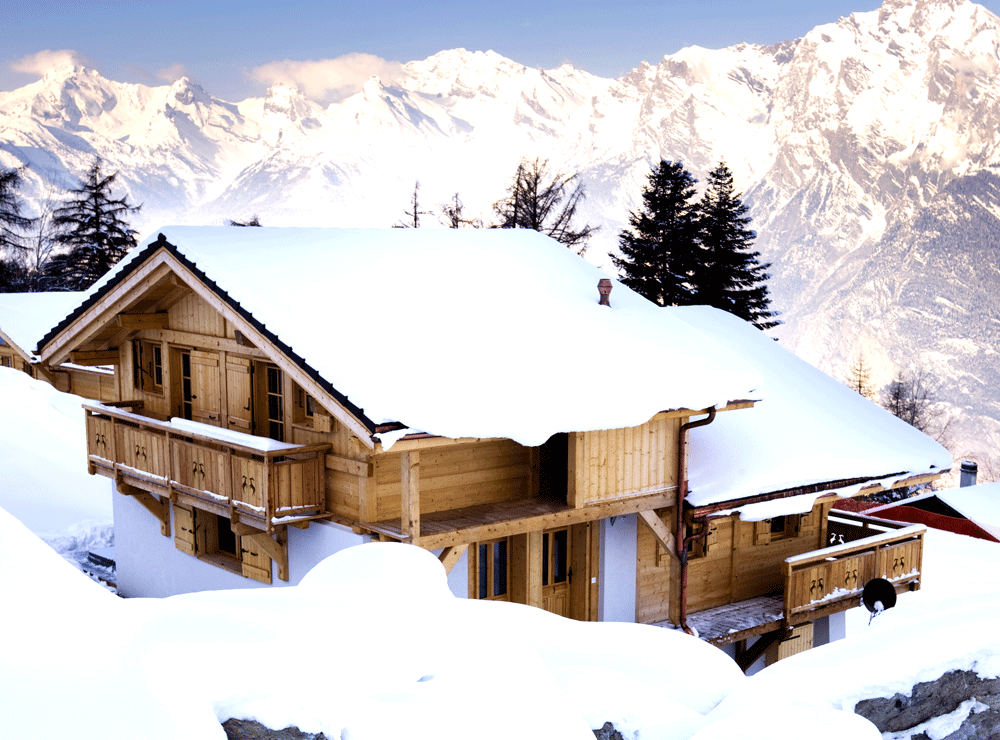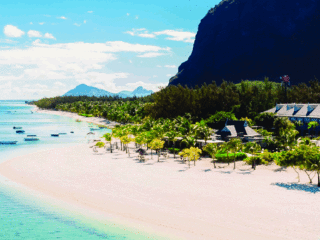
BUYER DEMAND PUSHING MOVE FOR YEAR-ROUND SKI RESORTS
30.10.17Ski resorts need to heavily invest in facilities to establish themselves as dual season destinations in order to meet public demand.
Non-skiers now making up 25% of Alpine visitors and sellers and developers need to adapt to these new trends, according to the latest analysis of the ski property market by international real estate firm Knight Frank. Those that are offering a range of year round activities such as Chamonix, Gstadd and Courchevel 1650 are outperforming the wider Alps market.
According to the report, buyers fall into two camps; those seeking a dual season resort to maximise year round rentals and those targeting high altitude resorts offering reliable winter snowfall. In 2017, French resorts saw prices rise by 1% on average from last year, whilst Swiss neighbours recorded a 5% dip over the past 12 months.
Chamonix has overtaken Val d’Isère and Gstaad this year to take the top spot in the annual price growth rankings. The resort, which is widely-regarded as the most well equipped year round resort in the Alps, has now seen prime prices increase by almost 5% for two consecutive years.
Val d’Isère and Gstaad occupy second and third position this year, recording annual price growth of 2.5% and 1.8% respectively. At an altitude of 1,850 meters Val d’Isère offers one of the longest seasons due to its reliable snow cover while price growth in Gstaad remains in positive territory due to the quality of its international schools.
Meanwhile the majority of the Swiss resorts sit towards the bottom of the index. This is due to a combination of poor performance of the Swiss Franc and an across-the-board stubbornness to change towards a more dual season approach.
“Unless resorts adapt and deliver what the new generation of skiers want, they will see tourist numbers decline,” the report points out. “For those seeking to buy a ski home, it’s logical that they will target those resorts who keep ahead of the curve in an effort to maximise rental bookings and as a result improve yields.”
And with those resorts that are adapting to the change seeing substantial growth, it is an exciting time to be investing in the Alps.
“There are of course challenges ahead such as the long-term implications of Brexit and the erratic winter seasons but the draw of the mountains has never been stronger,” says Roddy Aris of Knight Frank International.
“Resorts are having to evolve and adapt to meet the demands of today’s buyers. Huge investments have been pledged across the Alps from artificial snow making facilities to adapting and evolving activities for the summer and family market. The key to a good purchase is that the property is purchased at the correct market value and the asset proves highly rentable.”
Abode Affiliates
COPYRIGHT © Abode2 2012-2024





















































































































































































































